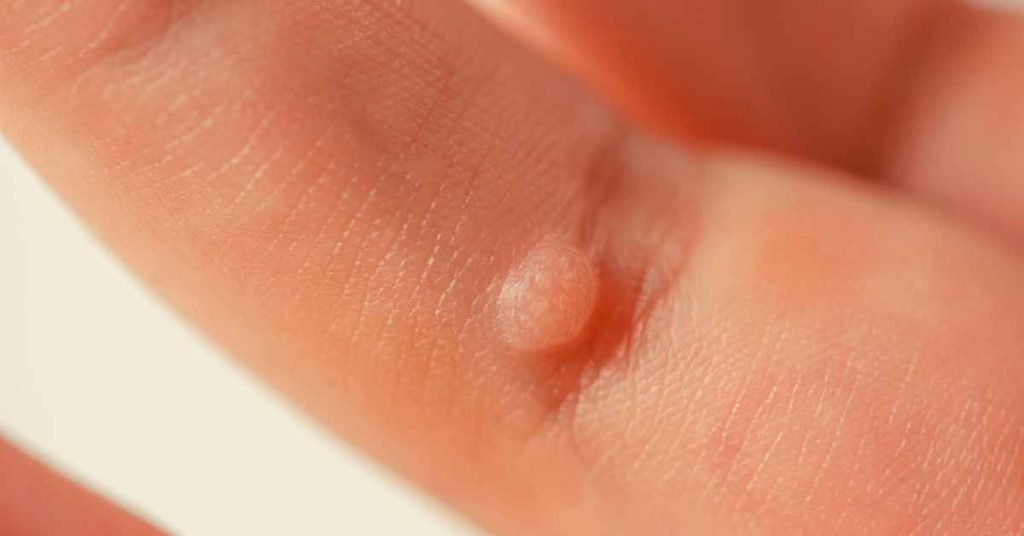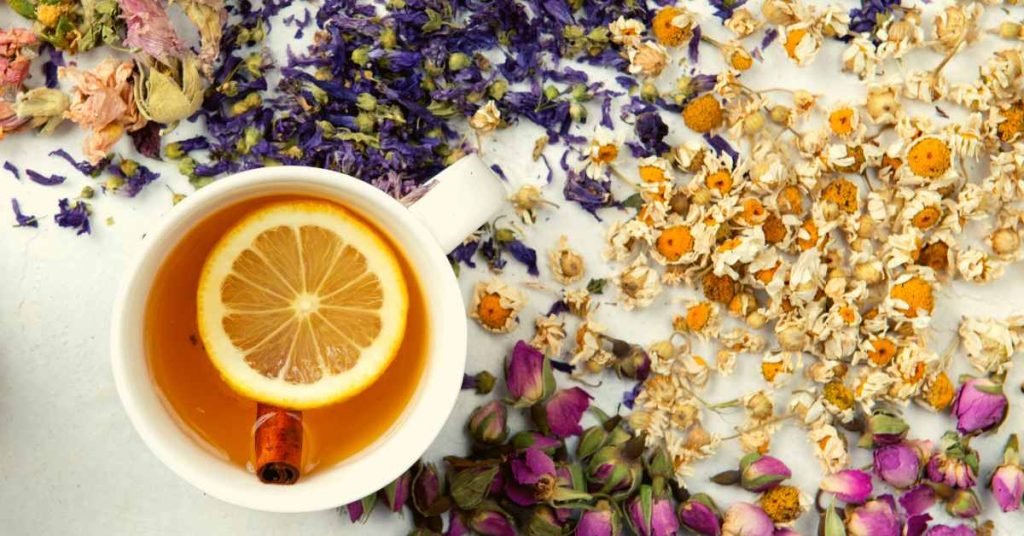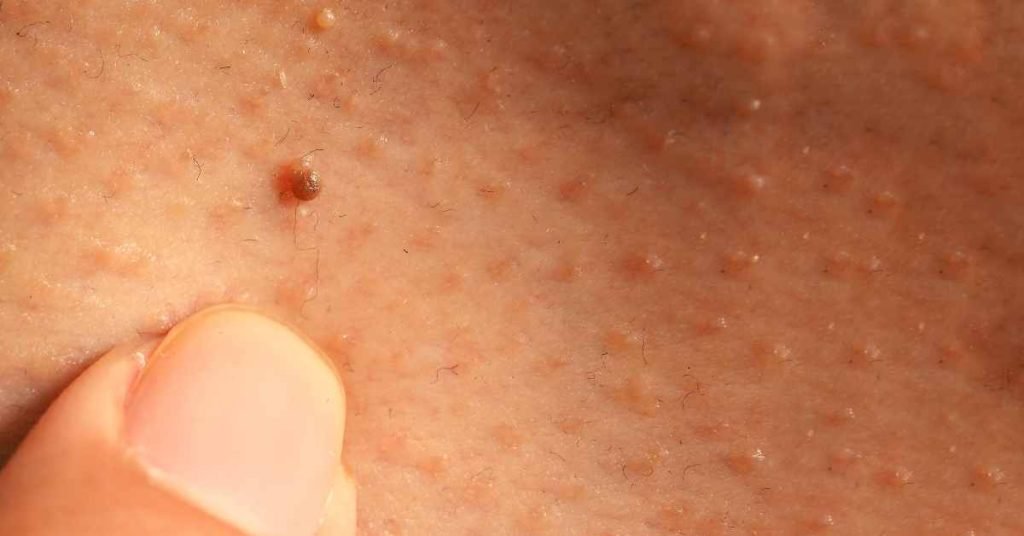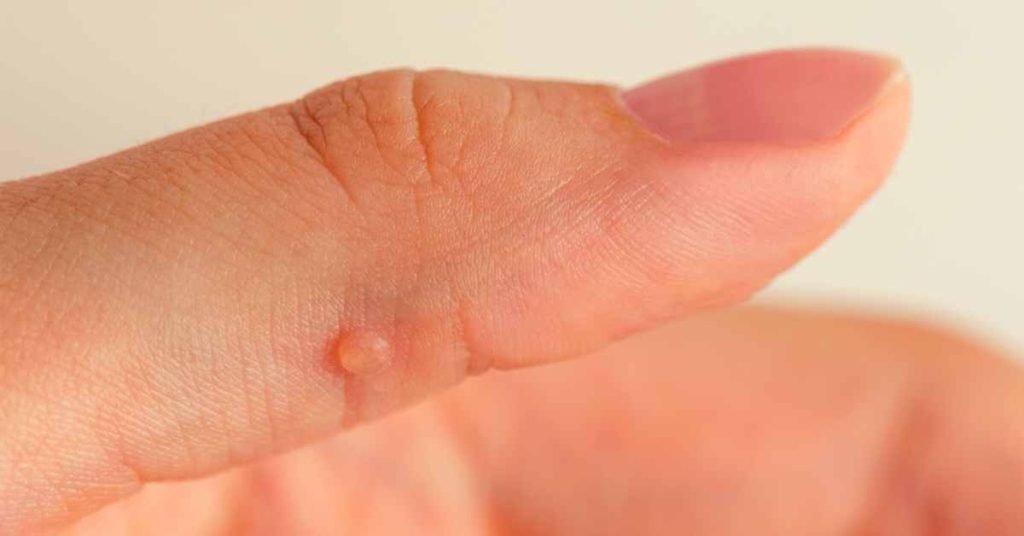Genital warts are a sexually transmitted infection caused by certain strains of the human papillomavirus (HPV).
While medical interventions such as topical treatments, cryotherapy, and surgical removal are common, there is growing interest in complementary and alternative therapies, including the use of tea.
This article delves into the world of teas and their potential role in managing genital warts, exploring various types of teas, their properties, and how they might be incorporated into a holistic approach to address this condition.
Understanding Genital Warts

Before delving into tea remedies, it’s essential to understand genital warts and their underlying causes. HPV, particularly strains 6 and 11, is responsible for the development of genital warts.
These warts can appear on the genital and anal areas and are highly contagious through sexual contact. While there is no cure for HPV, various treatments aim to manage symptoms and reduce the risk of transmission.
Teas and Their Potential Benefits
Green Tea: Green tea is popular for its high levels of antioxidants, especially catechins. These antioxidants have been studied for their antiviral and immune-boosting properties. While there is limited research specifically on green tea’s efficacy against genital warts, its overall health benefits make it a potentially supportive addition to one’s diet.
Black Tea:
Black tea, like green tea, contains polyphenols with antioxidant properties. Some studies suggest that polyphenols may have antiviral effects, which could be relevant in managing viral infections, including HPV. Additionally, black tea’s tannins might have astringent properties that could aid in drying out and soothing the affected area.
Essiac Tea

Essiac tea is a blend of herbs, including burdock root, sheep sorrel, slippery elm bark, and Indian rhubarb root. While it’s not a traditional tea, Essiac has gained popularity in alternative medicine circles for its potential immune-boosting and detoxifying effects. Some proponents suggest that Essiac may support the body’s ability to fight viral infections.
Holistic Approaches to Genital Warts
Nutrition:
A diet rich in vitamins, minerals, and antioxidants is essential for overall health and immune function. Incorporating a variety of fruits, vegetables, and whole grains can provide the body with the nutrients it needs to combat infections.
Lifestyle Changes:
Adopting a healthy lifestyle can enhance the body’s ability to fight off infections. This includes regular exercise, stress management techniques, and adequate sleep. Stress reduction is particularly crucial, as chronic stress can compromise the immune system.
Topical Applications:
In addition to consuming teas, topical applications of certain teas might be considered. For example, making a cooled black or green tea compress and applying it to the affected area may provide relief and potentially contribute to the healing process.
Cautions and Considerations
Consultation with Healthcare Professionals

Before incorporating teas or any alternative remedies into the treatment plan, individuals should consult with their healthcare provider.
Genital warts require professional diagnosis and management, and self-treatment without medical guidance can lead to complications.
Consistency and Patience
Natural remedies often require consistent and long-term use to show noticeable effects.
Patience is crucial, and individuals should not abandon conventional treatments in favor of teas or other alternative approaches without professional advice.
Final Word
Tea, with its diverse types and potential health benefits, may be considered as part of a holistic approach to managing genital warts.
However, it’s crucial to recognize that no single remedy can replace medical interventions.
Teas, along with a nutritious diet, lifestyle changes, and, when necessary, conventional treatments, can be valuable components of a comprehensive strategy for addressing genital warts.
Always consult with healthcare professionals to ensure a safe and effective approach tailored to individual needs.
MEDICAL DISCLAIMER
Itsnevernotteatime.com cannot and does not contain medical/health advice. The medical/health information is provided for general and educational purposes only and is not a substitute for professional advice.




